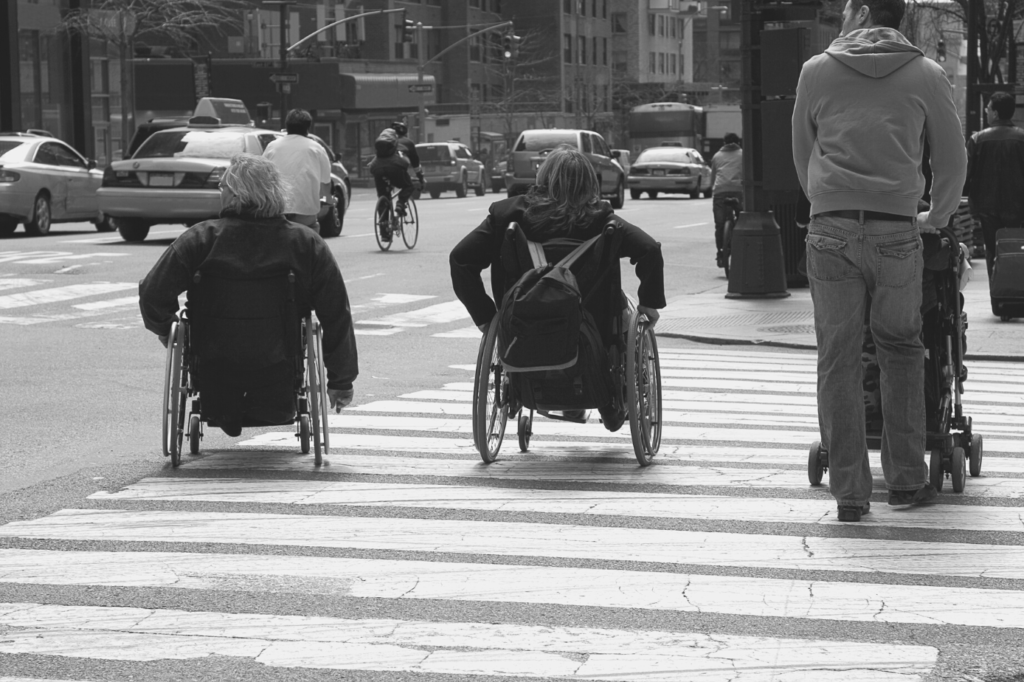More than a century ago, Spokane, Washington passed an anti-jaywalking law in 1918 that made crossing the street outside a designated crosswalk a punishable offense.
Proponents of the ordinance said the new law was intended to protect drivers. A decade later, most cities and towns across Washington state enacted similar laws criminalizing jaywalking. The trend was part of a national campaign by the car industry to put the onus for pedestrian deaths on people trying to cross the street instead of drivers.
But it’s the 21st century and jaywalking laws are not only outdated, they are ineffective at keeping people who walk and roll safe. What does keep people safe from traffic violence? Improved infrastructure and street design that prioritize safety over speed. Study after study has shown that investing in these priorities is what actually reduces pedestrian injuries and fatalities. Pedestrian deaths and injuries are increasing — but from factors like speeding and distracted driving, not jaywalking. And in states and jurisdictions where jaywalking has already been decriminalized, preliminary data shows it has had no discernable impact on pedestrian safety.
We also know that jaywalking laws disproportionately impact low-income people and people of color. A 2017 Seattle Times article found that of the 1,710 jaywalking tickets issued by Seattle police from 2010 to 2016, more than one in four went to Black people, who represent just about 7 percent of the city’s population. Across Washington, our research found that Black pedestrians are stopped by police for jaywalking at an average rate approximately four times that of their share of the population, and unhoused residents represent nearly half of those impacted by jaywalking stops.
Repealing jaywalking laws will also help preserve limited public resources. In a time when local police departments are struggling to meet the needs of the communities they serve, it only makes sense to focus police resources on high-priority issues rather than wasting them on inconsequential acts like jaywalking.
It’s time for Washington to join places like Virginia, Kansas City, Nevada, and California in addressing jaywalking laws.
